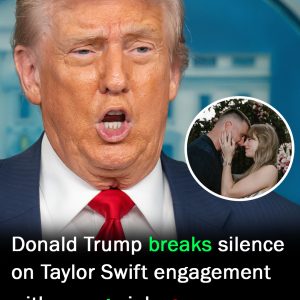A storm is brewing in the WNBA following a shocking incident involving Brittney Griner, one of the league’s most prominent players, and rising star Caitlin Clark.
Recently surfaced footage appears to show Griner using a racially charged slur directed at Clark during a heated moment in a game between the Atlanta Dream and Indiana Fever.
The controversy has ignited fierce debate over the league’s handling—or lack thereof—of the situation, raising questions about fairness, player safety, and the WNBA’s commitment to protecting its biggest talents.
During the game, Griner, visibly frustrated after fouling out, was caught on video mouthing what many interpret as a deeply offensive racial slur aimed at Clark, who has rapidly become the face of the league. While some debate the exact wording, the perception that Griner used racially insensitive language has spread widely, sparking outrage among fans and commentators alike. Despite this, the WNBA has remained conspicuously silent, refusing to issue any immediate statement or disciplinary action.
This silence contrasts sharply with the league’s swift responses to other incidents involving Clark, such as a recent altercation with Ryan Howard that resulted in fines. The apparent double standard has fueled accusations that the WNBA is protecting certain players while neglecting to defend Clark, who has been the league’s most valuable asset in recent years.
Clark’s impact on the WNBA cannot be overstated. At just 22, she has transformed women’s basketball into a cultural phenomenon, drawing record-breaking TV ratings, boosting merchandise sales, and attracting major sponsorships. Her presence has revitalized a league long struggling for mainstream attention and financial growth.
Yet, instead of celebrating and safeguarding Clark, the league appears to be allowing a toxic environment to fester. Players like Griner and Angel Reese have been implicated in fueling controversies and targeting Clark, creating a hostile atmosphere that undermines her success and the league’s broader credibility.
Critics argue that the WNBA’s failure to act decisively against Griner reveals a troubling bias and a lack of leadership. While the league has demonstrated the ability to swiftly discipline players for minor infractions, it has hesitated to address a potentially clear case of racial hostility against its top star. This inconsistency sends a damaging message about the league’s priorities and its commitment to professionalism and respect.
The situation also highlights a broader systemic issue within the WNBA regarding how players are treated based on race and status. Some voices suggest that Clark’s success as a white player in a predominantly Black league has made her a target, with resentment manifesting in both overt and subtle forms of harassment.
From a business perspective, protecting Clark is not just a moral imperative but a strategic necessity. Her influence has brought unprecedented attention and revenue to the WNBA. Ignoring or downplaying the harassment she faces risks alienating fans, sponsors, and future talent, potentially jeopardizing the league’s growth and reputation.
A suspension or disciplinary action against Griner would send a powerful message that the WNBA values dignity, respect, and professionalism above all else. It would affirm the league’s commitment to creating a safe and equitable environment for all players, regardless of their background or star power.
The Brittney Griner-Caitlin Clark controversy exposes deep fissures within the WNBA, challenging the league to confront issues of race, fairness, and leadership head-on. How the WNBA responds will not only shape the careers of its top players but also define the league’s integrity and future. Upholding consistent standards and protecting its most influential athletes is essential for the WNBA to maintain its hard-won credibility and continue its upward trajectory in the world of professional sports.






